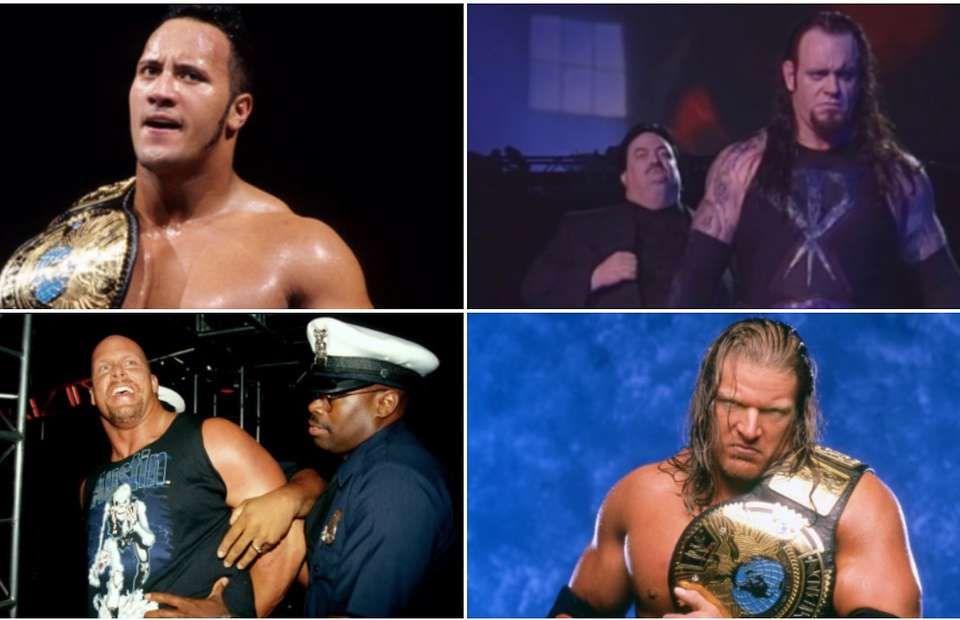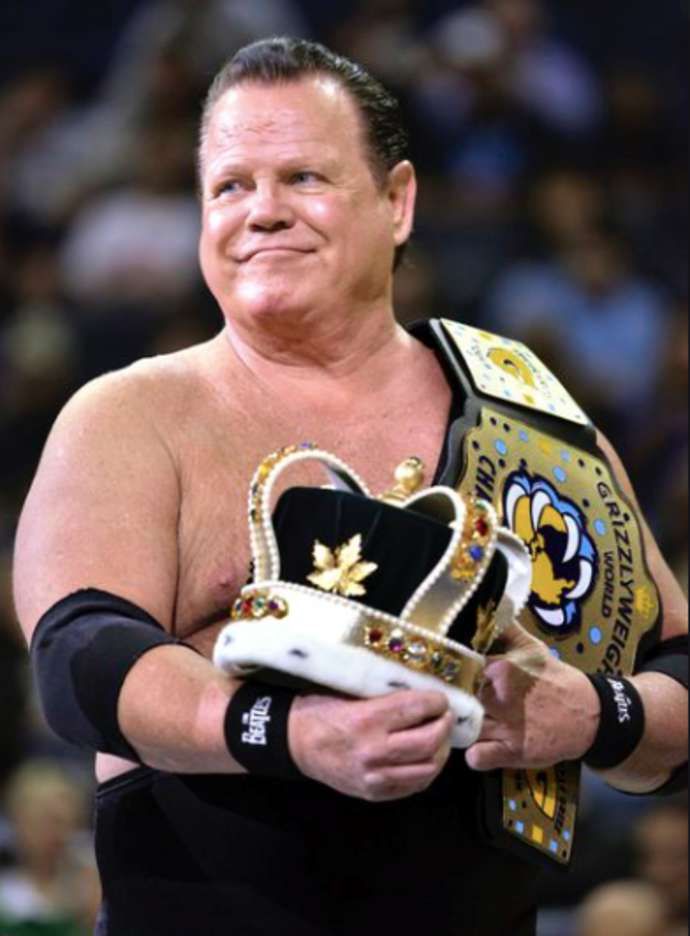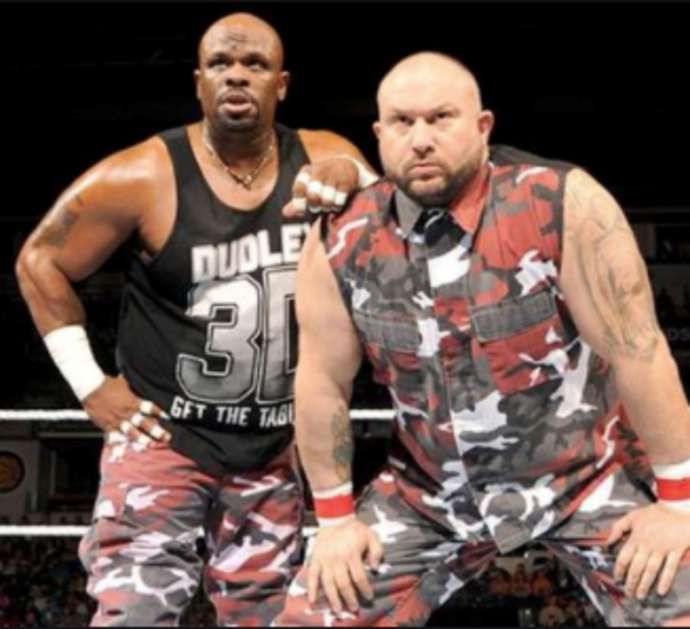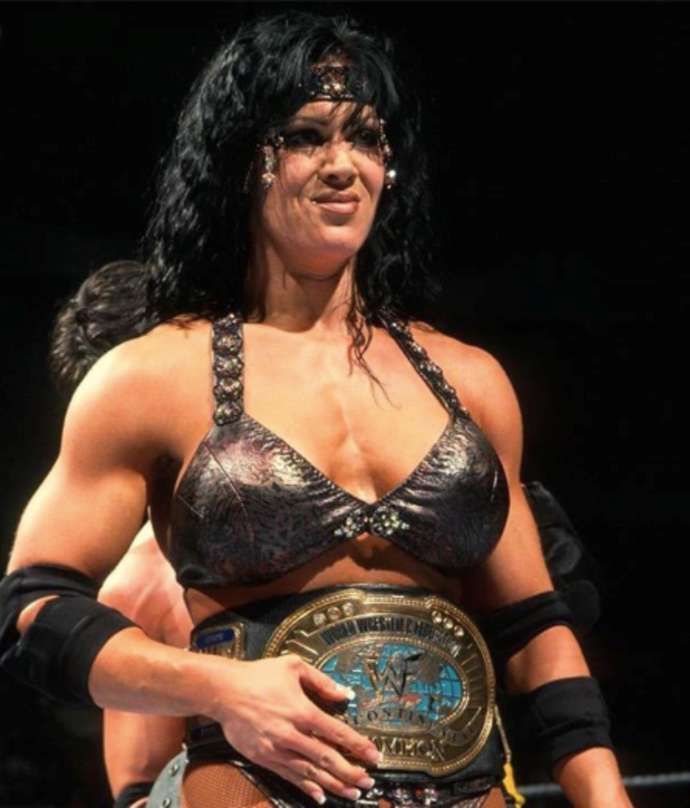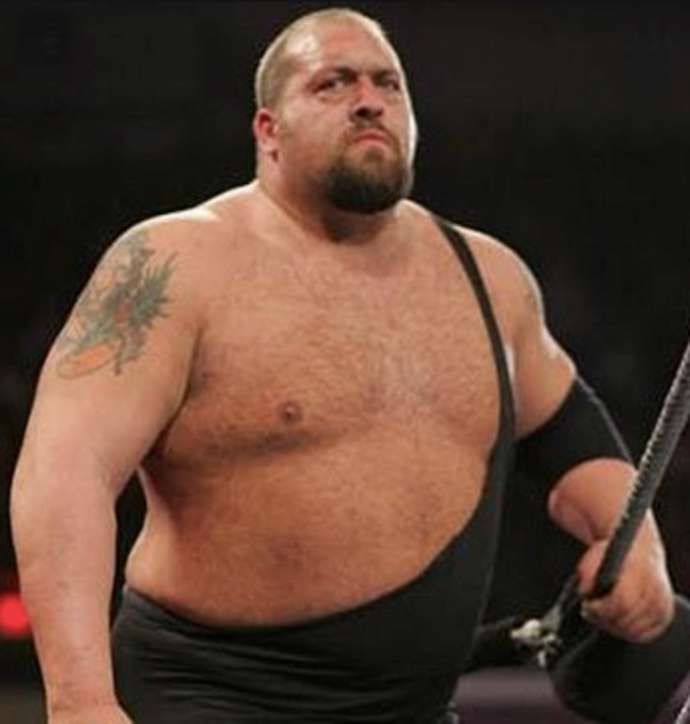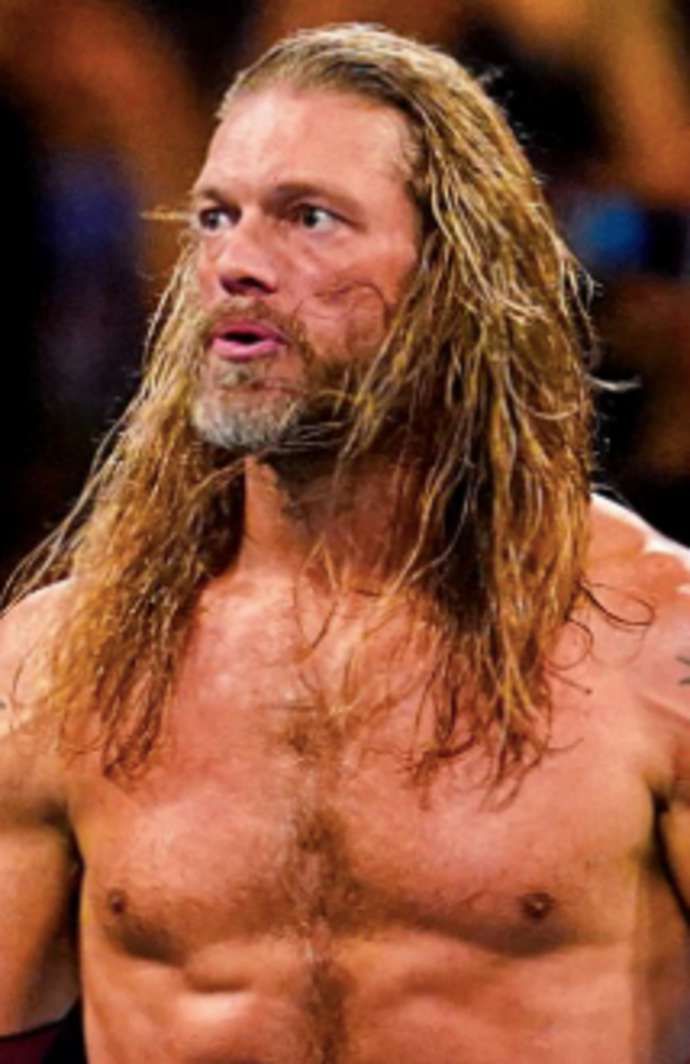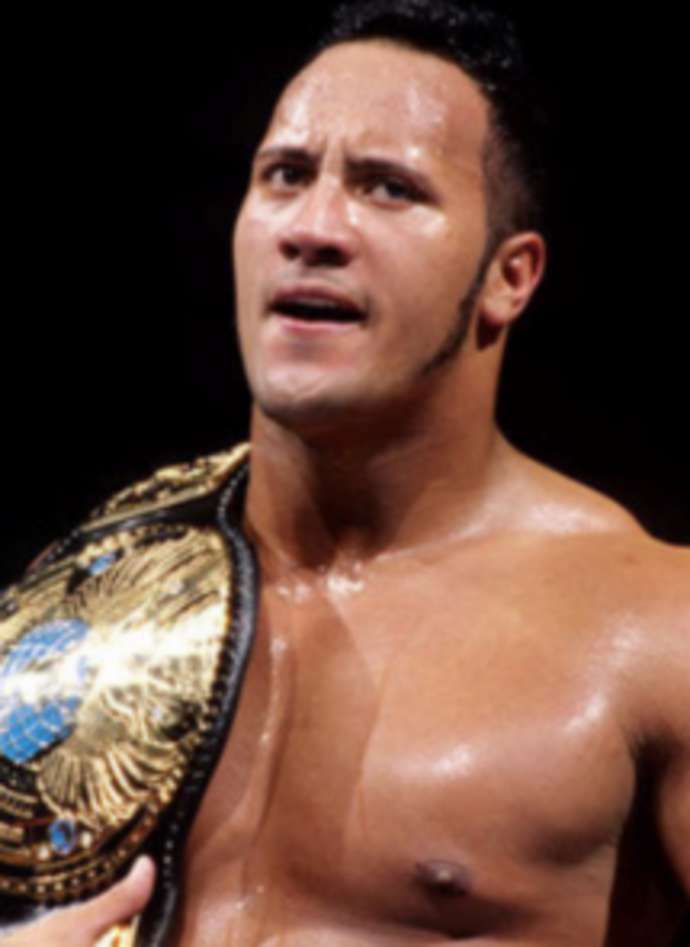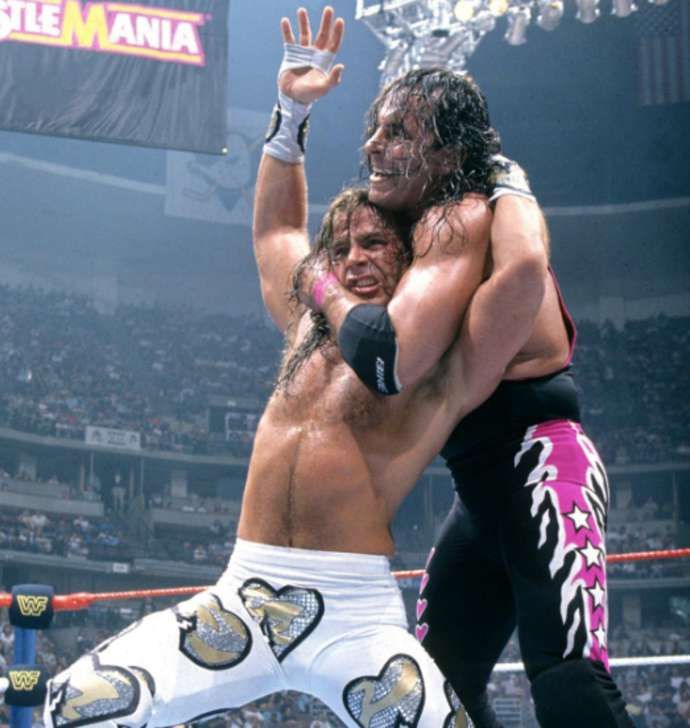The 1990s was undoubtedly a defining era in the history of WWE.
Back then, the company was known as the World Wrestling Federation (WWF), and went head-to-head in the ratings battle with World Championship Wrestling (WCW).
That coined the introduction of the ‘Attitude Era’ term – one which saw some of the great wrestlers establish themselves on either side of the divide.
The team at Ranker, with the help of fan votes, have put together a list of the top wrestlers of the decade. For those who watched the sport in the 1990s, there’s plenty of nostalgia running all the way through.
We’re going to take a look at the top 50, and summarise some the key names below.
50-31
50. Ax
49. Brutus Beefcake
48. Christian
47. Tatanka
46. Demolition
45. Jerry Lawler
44. Jim Neidhart
43. Big Van Vader
42. The New Age Outlaws
41. Matt Hardy
40. Sid
39. Lex Luger
38. Road Warrior Hawk
37. Goldust
36. Chyna
35. Rick Rude
34. Road Warrior Animal
33. Dudley Boyz
32. Yokozuna
31. Hardy Boys
50-31 Summary
This part of the list contains a number of names that would see their best years of action occur in the 2000s. Christian is one of those wrestlers – he joined the WWF in 1998 and quickly won the now-defunct WWF Light Heavyweight Championship, before teaming up with Edge in the latter part of 1999.
The New Age Outlaws, comprising of Road Dogg and Billy Gunn, were one of the most successful tag teams of the 1990s. They won the WWF Tag Team Championships on five occasions, and whilst competing individually, secured the WWF Hardcore Championship three times. The duo have returned to WWE sporadically in recent years, and were inducted into the Hall of Fame in 2015.
Matt Hardy only signed a full-time contract with the WWF in 1998, but had already well established himself within the company. Himself and brother Jeff Hardy went on to become synonymous with the tables, ladders and chairs match type, but Matt was also successful in singles competition, winning the Hardcore and European Championships in the 1990s. As a team, the Hardy Boys were one of the most popular duos ever to feature in wrestling, winning the WWF Tag Team Titles on six occasions.
Chyna made history in the 1990s, becoming the first (and to date, only) woman to hold the WWF Intercontinental Championship. She defeated the likes of Triple H and Chris Jericho in individual competition, and was also part of D-Generation X towards the end of the decade.
30-11
30. Big Boss Man
29. Edge
28. Bam Bigelow
27. Ted DiBiase Sr.
26. Mr. Perfect
25. Rob Van Dam
24. Diesel
23. Jeff Hardy
22. Big Show
21. Owen Hart
20. The British Bulldog
19. The Road Warriors
18. Andre the Giant
17. Chris Jericho
16. Triple H
15. Ric Flair
14. Goldberg
13. Razor Ramon
12. The Ultimate Warrior
11. Sting
30-11 Summary
Edge is another wrestler that would see most of his successes arrive in the 2000s, but he also had a major impact on the WWF in the late ‘90s. He secured his first WWF Intercontinental Championship in July 1999, and alongside Christian, challenged for the WWF Tag Team titles in what would prove to be a losing effort.
Ted DiBiase’s moniker of the ‘Million Dollar Man’ is one of the most well recalled in wrestling history. Aptly, the first month of 1990 saw him enter the Royal Rumble at number one after he had ‘bought’ the number 30 spot the year before. The decade saw DiBiase achieve great success in tag team competition, winning the WWF Tag Team Championship three times as part of Money Inc., alongside Irwin R. Schyster.
The British Bulldog arguably had as big an influence on wrestling in the United Kingdom as anyone else. Born in Lancashire, he began to establish himself in the WWF in the early 90s, before winning the Intercontinental Championship at SummerSlam in London – the first time the event had been held in the UK. He left the company on two separate occasions that decade, but captured the WWF Tag Team Championship on his second return in 1997, alongside Owen Hart.
Chris Jericho only joined the WWF in 1999, having featured for WCW in the past, but immediately made an impact, winning the Intercontinental Championship in December of that year. Prior to that, he had secured the WCW Television and Cruiserweight titles.
Initially entering the company under the ring name of Hunter Hearst Helmsley in 1995, Triple H would become one of WWF’s star men by the turn of the decade. He won the Intercontinental Championship in 1996, before forming D-Generation X with Shawn Michaels, Rick Rude and Chyna. He had prominent feuds with The Rock and Kane, before defeating Mankind to win his first WWF Championship in 1999.
10-1
10. Roddy Piper
9. Kane
8. Randy Savage
7. Mick Foley
6. Bret Hart
5. Shawn Michaels
4. Hulk Hogan
3. The Rock
2. The Undertaker
1. Stone Cold Steve Austin
Top 10 Summary
At number seven on the list is one of Mick Foley’s many monikers. He used his real name sporadically in the 90s, preferring to adopt the Mankind and Dude Love personas. He was a three-time WWF Champion and, as Mankind, took part in one of the greatest matches the promotion has ever seen. For many, the Hell in a Cell clash against The Undertaker is the most memorable night of Foley’s career – one which saw him fall from the top of the cell twice, yet still complete the match.
Bret Hart would leave the WWF after ‘The Montreal Screwjob’ in 1997, when he dropped the WWF World Heavyweight title to Shawn Michaels after the bell was rung, despite Hart failing to tap to a submission move. The incident would dominate discussions surrounding Hart until he re-joined the WWE in 2009, given his great achievements within the company.
The Canadian was a five-time WWF Champion, won the 1994 Royal Rumble and was inducted into the WWE Hall of Fame in 2005. Michaels, meanwhile, held the WWF European and World Heavyweight titles simultaneously after the incident with Hart. He was forced into retirement following a legitimate back injury suffered the following year, although would later make a triumphant return.
Hulk Hogan was the star figure in wrestling in the 1980s, as it began to establish itself fully on television in the United States, and carried that status into the 1990s. He won the WWF Championship once again in 1991, but left the company in 1993 and later joined WCW, winning the WCW World Heavyweight Championship in his opening match.
The Undertaker was one of the key men during the Attitude Era of the 1990s, winning the WWF Championship and WWF Hardcore Championship. He held the WWF Tag Team Titles on six occasions, with four different partners. Meanwhile, his soon-to-be notorious WrestleMania streak was beginning to gather pace – by the end of the decade, he had extended it to 8-0, defeating Big Boss Man at WrestleMania XV.
The Rock and Stone Cold Steve Austin took part in one of the defining feuds of the 1990s, and the entire Attitude Era. At the height of WWF’s popularity, the duo would take part in three blockbuster WrestleMania fights, with Stone Cold winning twice. Their impact was not only seen in competition, but also on the microphone as well – the ‘Austin 3:16’ speech being just one of many examples.
Austin would be forced to retire in 2002 following a serious neck injury, but both himself and The Rock have appeared sporadically on WWE programming ever since.



















